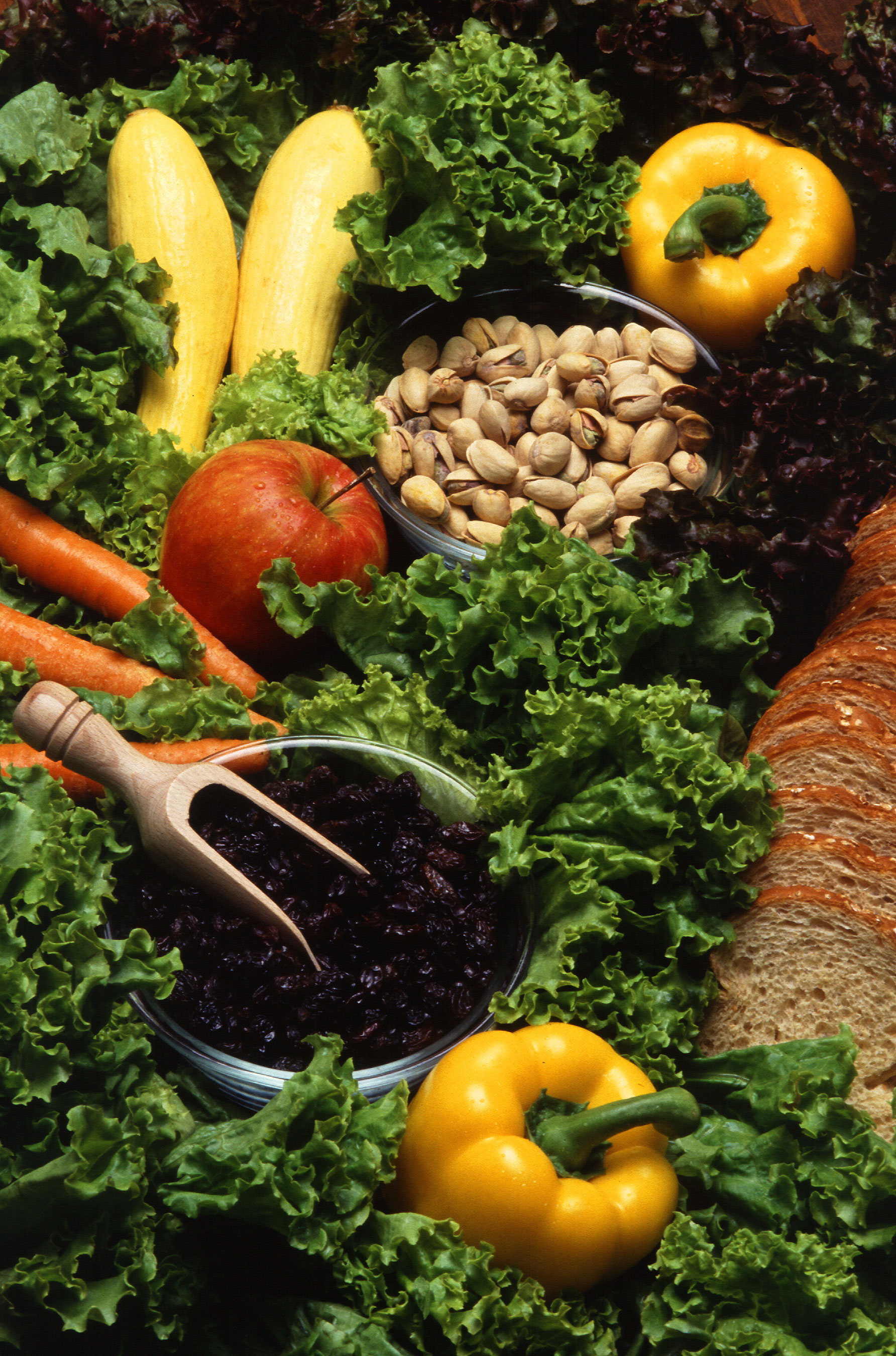In my personal form of teenage rebellion (or more likely, an attempt to sneakily lower my caloric consumption) I refused to eat red meat sometimes in high school. It had never really been a regular part of my diet before then, but I had never labeled it as off limits either. I think along the way I convinced myself that it was because of health reasons, that the protein it provided wasn’t worth the other “unhealthy” characteristics. After a few months I even used the excuse that my body would no longer be able to process it and eating it would make me sick. But again, it was honestly just an excuse to be able to say “I don’t eat that,” something to make me feel that I was able to flat out refuse to eat some foods on principle.
There are many ways to have dysfunctional relationships with food, and I’ll admit, I’ve dabbled in most of them. But regardless of the reason, I didn’t eat red meat for years. For the most part, it really wasn’t an issue. Over time my father, a former meat cutter (bless his very patient heart), even offered to buy ground turkey when making meat sauce or turkey sausage when making kielbasa dishes. The restaurant where I work has a thing for bacon (I think most chefs and restaurants do, to be fair), which meant a lot of times I would politely decline trying dishes. But several of my coworkers were vegetarians, so no one ever made a big deal about it.

But last spring break I worked a few shifts shortly after the menu had changed, so our chef had been passing me samples of the new dishes. Half way through the night, he slid me a bowl and told me try it. “What is it?” I asked. “Short rib ravioli.” I considered passing it on to someone else, but I realized I didn’t want to and I didn’t want to feel like I had to simply because it was something I had told myself I wasn’t allowed to eat. So I grabbed a fork and took a bite. “I haven’t eaten red meat in five years.” I told him, “And that was really stupid.”
Food walks this strange line because on the one hand our relationship with it is very scientific; you must eat to survive at a very visceral level. But there is also this intensely emotional side. People associate certain memories and feelings with certain foods, and to many, food is art. I think a lot of what we choose to eat or not eat takes both sides into account as we try to determine what is best for us, but also what we want.
I’m not saying that choosing not to eat certain things is always a poor decision. If you choose to be a vegan, or vegetarian, or gluten free, that’s fine. But don’t do it because you feel like you should. If you feel healthier and happier, then that is great. But if every time you see a plate of bacon you feel sad because you want it but can’t have it because you’re a vegetarian, maybe reevaluate. Don’t choose a diet just because it allows you to claim abstinence from certain foods if you like those foods and they don’t adversely affect your health.
We are a society obsessed with categorization. We like things to fit in a box; we like for ourselves to fit into these boxes. I think that is what is so attractive about labeled eating patterns like “vegan.” But people don’t always fit into boxes. So if most days you don’t eat meat, but sometimes you just really want filet mignon, don’t feel like you have to label yourself a vegetarian and constantly suppress that occasional desire for steak.
My relationship with food has come a long way. It can be so easy to get in your own head and make food into more than it needs to be. That artistic side and scientific side perfectly collide when we eat. We appreciate the artistry and the emotions attached to the food, while our bodies rejoice at the fact that we’re giving them sustenance. So eat what makes you feel healthy and happy. Eat what you want and decline what you don’t, but don’t worry about putting a label on it.
